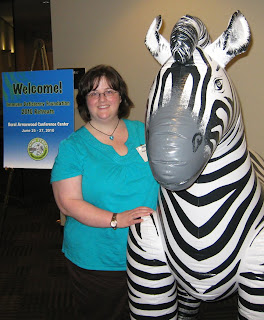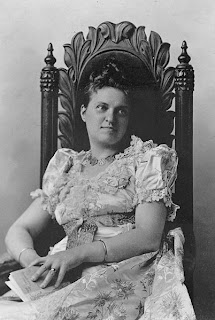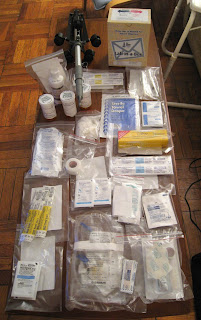“Doctors and researchers say it’s not uncommon for people with Parkinson’s to conceal their diagnoses, often for years,” wrote Kate Yandell. “But the secrecy is not just stressful to maintain; experts fear that it also may be slowing down the research needed to find new treatments.”
I don’t have any experience with Parkinson’s. But as someone living with a rare illness, I certainly have experience deciding when and how to reveal what I’m going through.
When I first got life-threateningly sick, it was pretty much a public event. I ran out of my office following a call from a hematologist I had never met, telling me to go to the ER immediately. I called my supervisor, left a message that I was leaving, and she quickly called back and offered to have the car service bring me to the hospital. It was 4 p.m. on Friday, otherwise known as rush hour. So of course I said no, that I was sure I’d find a taxi. RIGHT.
This was the first sign I’d gone insane with panic.
| This should be my daily uniform. |
This is all to say that it’s very difficult to keep some things a secret. Not because I was wailing about it at the top of my lungs (in what was probably an episode of “Cash Cab” or “Taxicab Confessions”). But because you can’t leave work in such a spectacularly public fashion and expect it to go unnoticed. Particularly when that’s followed by several weeks out of work, updates provided to my company during my absence, and caring coworkers who wanted to keep in contact.
However, I could have done what many do and downplayed what was going on. Or made up a cover story. Or flat-out lied. But that’s not in my DNA. I don’t need to share every detail, but if people ask, then I’m likely to give an honest but abbreviated version of the story. Here’s my theory – people will treat my illness how they see me treat it. So if I am matter-of-fact, drama-free and positive, it puts the onus on them to avoid pity and negativity.
I really thought I was going to die that Friday. For a brief moment, the doctors thought so too. But I didn’t. The fact that it all could have been avoided is one reason that I’m vocal. I ended up in the ER when my platelets crashed, which was because my immune system was crashing.
We didn’t know that for several months afterward, thanks to a crack hematologist. But I had been sick for years, and asking doctors why I got sick so much. I was simply told that some people were “lucky” like that. Sure, I was just lucky! Not suffering from a primary immune deficiency disease. No sir.
I’m not just honest about my illness because it could save someone else. I’m honest because it would be terribly exhausting to hide it. It would also be a continuous and losing battle.
“Hey Nancy, you’ve been out a LOT lately!”
“Hey Nancy, how come you’re walking so slowly and coughing like that?”
“Hey Nancy, what’s with all the bruises on your arm?”
These are questions I get from people. You could say they’re out of line. But they like me. They’re curious. And I’d rather they ask than discuss it behind my back or invent reasons.
Because what’s the likelihood they’d actually hit on the right answer, when it took 31 years for medical professionals to figure it out?
I don’t want to turn every conversation into a group of 80 year-olds discussing their bursitis and the pros and cons of hip replacement surgery. And I’d hardly lay this out on the line within 5 minutes of meeting someone. Or reveal anything to a person I didn’t like or trust. I’m not crazy. (Not entirely crazy, anyway.) But if it comes up naturally, I give whatever details seem appropriate and then move on.
So let’s move on, shall we?






